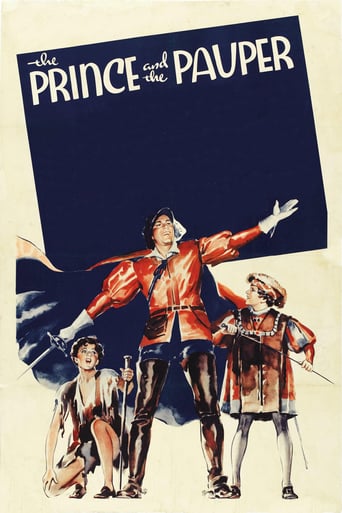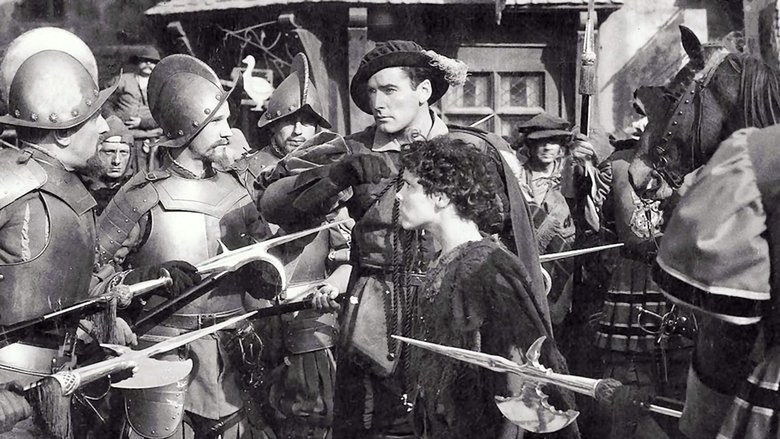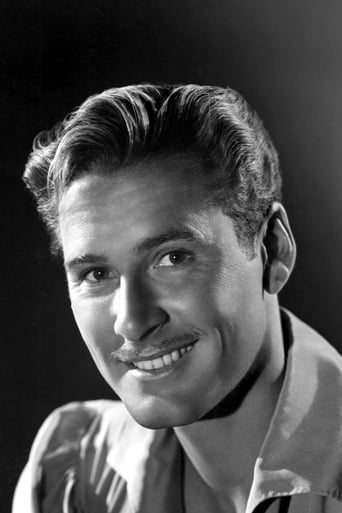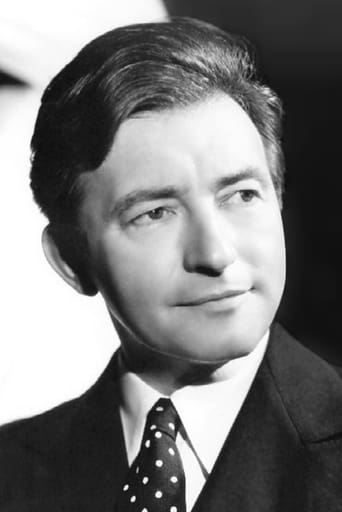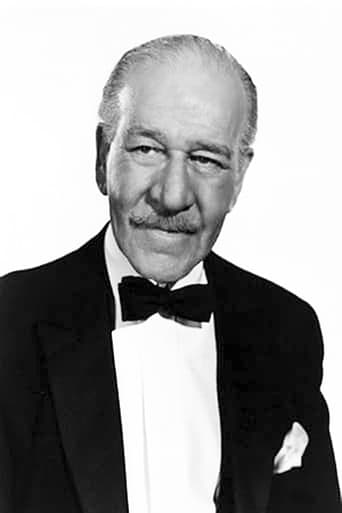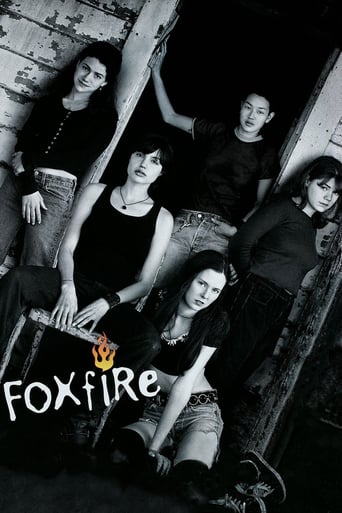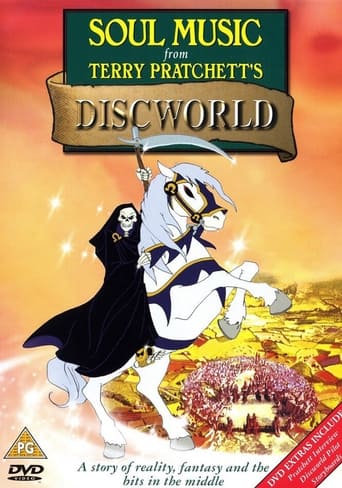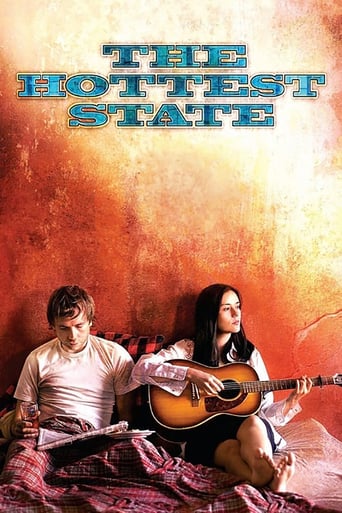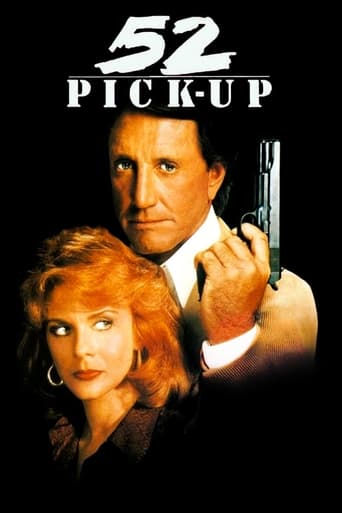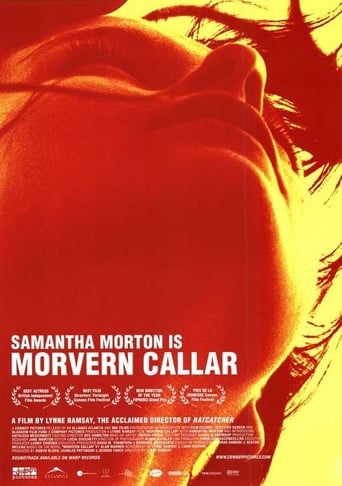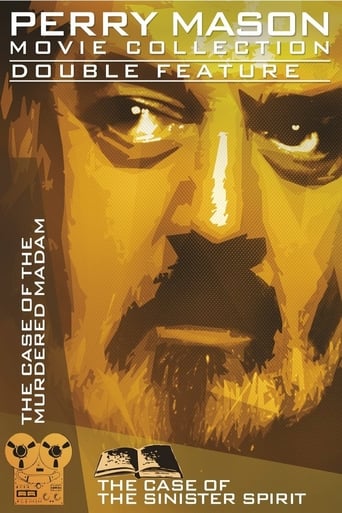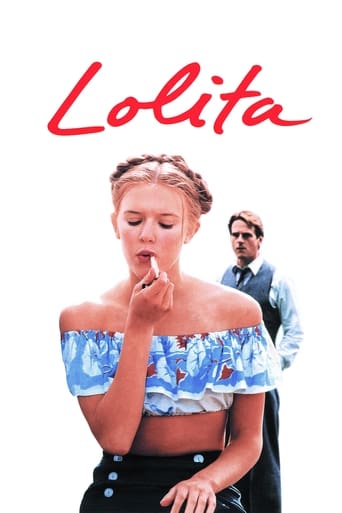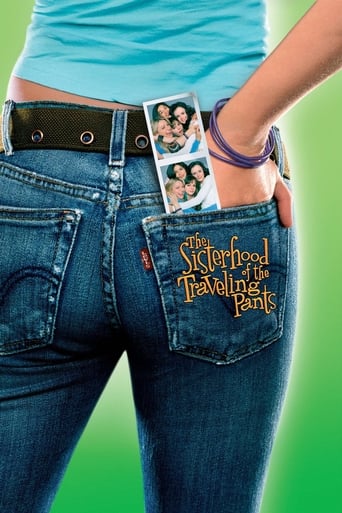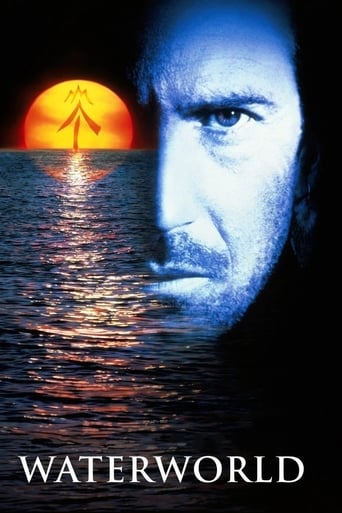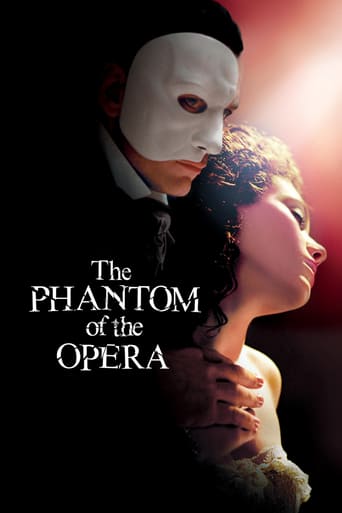The Prince and the Pauper (1937)
Two boys – the prince Edward and the pauper Tom – are born on the same day. Years later, when young teenage Tom sneaks into the palace garden, he meets the prince. They change clothes with one another before the guards discover them and throw out the prince thinking he's the urchin. No one believes them when they try to tell the truth about which is which. Soon after, the old king dies and the prince will inherit the throne.
Watch Trailer
Cast


Similar titles
Reviews
Excellent adaptation of Mark Twain's story about a young prince and a lookalike beggar boy who trade places. The duo are played by real-life twins Billy and Bobby Mauch. They're both very good. Despite receiving top billing, it's nearly an hour in before Errol Flynn shows up. He's lots of fun as you might expect. Claude Rains is great as the villainous Earl of Hertford. He doesn't really get to have scenes with Flynn, however. Fine WB supporting cast includes Alan Hale, Barton MacLane, Henry Stephenson, and Halliwell Hobbes. Spirited, fun adventure story. Despite the length, it never drags. Nice music score by Erich Wolfgang Korngold. Definitely worth checking out.
This version of The Prince and the Pauper had all the ingredients to be good, and it was, great even. Maybe some of the first half of the film takes a little too much time to get going, but everything else really shines. The sets and costumes are very handsome and colourful and the film is sumptuously photographed too. Korngold's score is superb, very sweeping and bombastic, I would go as far to say that it is almost as good as his score for The Adventures of Robin Hood which I have long considered one of the all-time greats in that regard. The dialogue is suitably witty, the swash-buckling itself is energetically and never clumsily choreographed and the story is as timeless as ever. Billy and Bobby Mauch are very endearing as the twins and although he doesn't appear until halfway through Errol Flynn is a gallant charismatic presence. Montagnu Love is a characterful and moving King Henry, but faring best are Claude Rains, doing urbane in a way not many other actors could do, and Alan Hale as a suitably villainous Captain. All in all, a great film, worth noting for Korngold's score, the production values and Rains. 9/10 Bethany Cox
Mark Twain was a man who sometimes could not get a notion out of his head. He loved the issue of twins and switching births. It pervades much of his fiction, and few seem to comment on it. In one of his early sketches he tells an inquisitive reporter that the tragedy of his life was the strange death of his twin - the boy had one only one mark on his body that differs him from his brother - Twain shows it to the reporter on his own person, and says that was the boy who supposedly died mysteriously and was buried. The reporter leaves after that tidbit.Of course the novel (which became the subject of this film and several others) is the one that people think of as Twain's "twins switching" story. It isn't. He would write (in the 1880s) a piece called "Those Amazing Twins" about a pair of Italian Siamese twins. The piece (which is not one of his best) became part of the germination that led to his last great Mississippi novel "Pudd'nhead Wilson". He separates the twin Italians into two twin brother Italian counts who turn up in the Mississippi town where the action goes. He also takes the "switched at birth" motif and uses it in the main story of Chambers the slave switched by his mother Roxey with young Tom Driscoll the wealthy heir. Twins pop up too in "Tom Sawyer Detective" - which was based on an old 17th Century Danish murder case involving twins.But it's "The Prince And The Pauper" (1876) that is recalled as Twain's "twin story". I think it's because the other pieces are minor or (like Wilson) full of other interesting small matters - like the business of the use of fingerprints to settle the mysteries of the plot (a first in 1894). Here it is central to Twain's looking at an appalling, inequitable social system in Tudor England.Henry VIII is dying and his son Edward, Prince of Wales is aware that he is going to soon lose his wise father and take over the reins of government. Of course the truth is he is still too young (in 1547 he is only 11) and he really can only rule in his own right when he reaches adult age (presumably 21). He will need a "Protector" and the Duke of Norfolk and the Earl of Herford are the leading contenders. In the film wise old Henry Stephenson is Norfolk and crafty, power-seeking Claude Rains is Hertford. Henry (Montague Love) appoints both to the governing counsel, but does not name Norfolk over Hertford (or the reverse). So Rains starts jockeying for position in a confrontation with England's premier Duke.In reality it was more complicated. Norfolk was on the outs with Henry in 1547 (he was facing execution - his son the Earl of Surrey was executed the year before - but Henry's own death saved Norfolk). The two contenders were the Duke of Somerset (Edward Seymour), blood uncle to Edward VI through his mother, and John Dudley, Duke of Northumberland, who dreamed of placing the Dudley family and the Tudors permanently together by marrying the three Tudor heiresses, Princesses Mary and Elizabeth, and Lady Jane Grey, to his sons. One day this plan would blow up in his face (see TUDOR ROSE). Somerset's doom was tied to a similar hair-brained scheme of his brother Admiral Sir Thomas Seymour regarding marrying Princess Elizabeth (see YOUNG BESS). Edward, in Twain's story, while waiting for the sad news, meets Tom Canty, a boy who looks almost exactly like him (here played - for a change - by the Mauch Twins). As a lark they change clothes so each can see how the other half live. Tom is soon over his head, causing his cousin Jane to question his sanity, and revealing enough to Hertford to realize that the false-King is his own key to power. Edward is unfortunately forced to endure the poverty of Tom's social class, but also the brutality of Tom's father John Canty (Barton McLaine) who is a professional thief. But Edward is soon helped by a young squire, Miles Herndon (Errol Flynn) who is trying to return to his ancestral home to regain his possessions from a greedy brother.The twisty plot did show much of the underside of English Tudor living that many of the other early Tudor history films barely touched on (except to show the intrigues at court). It also had plenty of humor - look at the business about the usefulness of "the Great Seal of England", which is typical Twain humor. I feel this version of the story is quite good - possibly the best of the different versions of the novel that have reached the screen.
For all my life I loved the film 'The Adventures of Robin Hood'. I always liked Errol Flynn and his men fight the bad guys. And of course I liked the soundtrack. It earned its composer (E.W.Korngold) an academy award. Yesterday I saw The Prince and the Pauper on TV for the first time. It was great. A lot of music that won the Oscar in Robin Hood appears here in this film (2 years earlier !!). Look out for Little John in the role of the captain of the King's guards. And Dicken, the evil guy, sent to murder King Richard in Robin Hood, appears here as part of a kidnap-the-king team. The film is, for a b/w movie, wonderfully long. The crowning ceremony is admirably detailed. I liked watching it (8/10).

